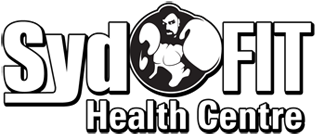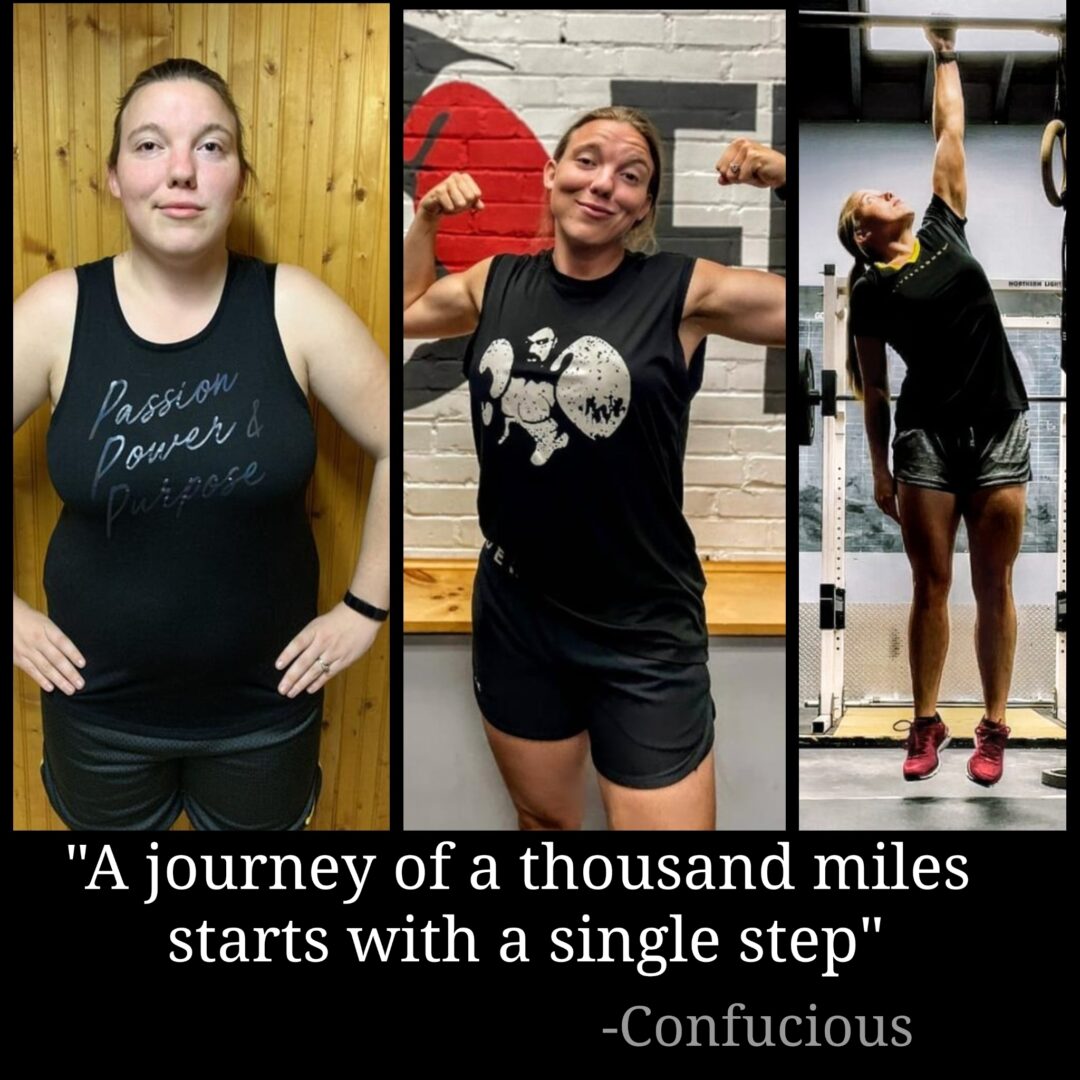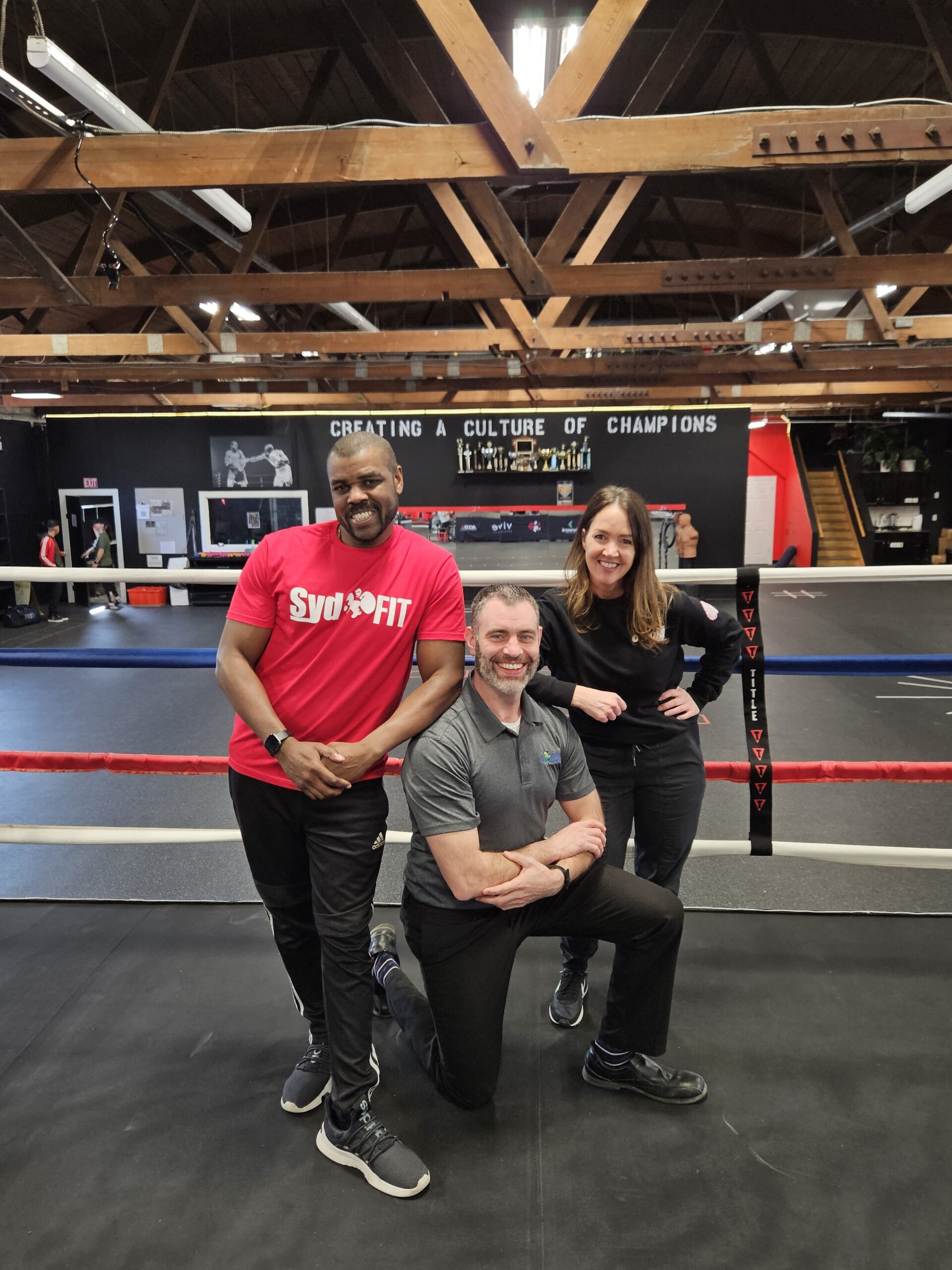The Great Health Reset – Fall’s Rejuvenation
This September brings us the Great Health Reset.
September is the best time to take advantage of the “Fresh Start Effect” We tend to think of life in chapters; and September, particularly once the kids have settled into school, is a new chapter (even if you don’t have kids, we all still remember the first days of a new grade or new school).
We’re far more likely to accomplish our goals at the start of a new chapter. These are the temporal landmarks that allow us to start fresh. They let us separate our past from our future. And they give us more motivation to move forward toward our goals.
Katy Milkman, Wharton professor and author of How to Change, first wrote about the Fresh Start Effect in a 2014 paper in Management Science. Milkman said in an interview that “in these fresh-start moments, people feel more distant from their past failures. Those failures are the old you, and this is the new you. The fresh-start effect hinges on the idea that we don’t feel as perfect about our past as we’d like. We’re always striving to be better. And when we can wipe out all those failures and look at a clean slate, it makes us feel more capable and drives us forward.” You can watch the short video HERE.
Many of our efforts at change fail. These moments, when we can start fresh, give us a perfect natural moment to reset.
Start with the End in Mind
Long-term change begins with the end in mind, connects to a larger purpose (why), is enabled by your environment, supported by the people in your life, is anchored by the calendar, allows for flexibility, is reinforced by celebration, and is calcified by identity.
There is a lot packed into that sentence.
But read it again.
- Have you clarified what kind of life you’re building? Have you defined your goals and ambitions? Are you intentionally chasing them? Or living a life of circumstance and consequence? Alex Hormozi summed it up, “Figuring out what you really want is the hard part. Getting it is easy.”
- Have you examined your environment? What are the defaults? What purposeful reminders have you put in place to anchor your new habits?
- What does your calendar say? When Peter Drucker, the grandfather of modern management, asked executives to journal every minute of their day, he found that the most accurate were only spending their time where they thought 37% of the time. Remember you don’t build your life by what you say, you build it by what you do. What does your Calendar say?
- Have you baked in enough flexibility? Rigorous routines tend to flame out. Food changes with cheat days have more success. Committing to the gym 4 times a week rather than being dogmatic about the days you’ll go, leads to more success. There is something deeply embedded in the human psyche that needs a degree of control. And a little flexibility seems to do the trick – Don’t force yourself into days of the week or times of the day that you will complete the routine. The more rigid the routine, the more likely it is that you will eventually quit. I do something active every day for at least 30 minutes – it is the kind of goal I need to keep at it and the flexibility I need to not get discouraged.
Have you celebrated recently? Most high performers tick off accomplishments with little regard for that deeply needed intrinsic celebration. BJ Fogg’s research on habit change tells us just how important celebration is. But it must be authentic. What’s your authentic celebration? How will you incorporate it into your day?




